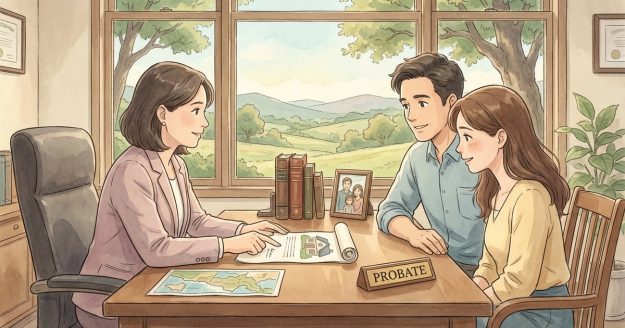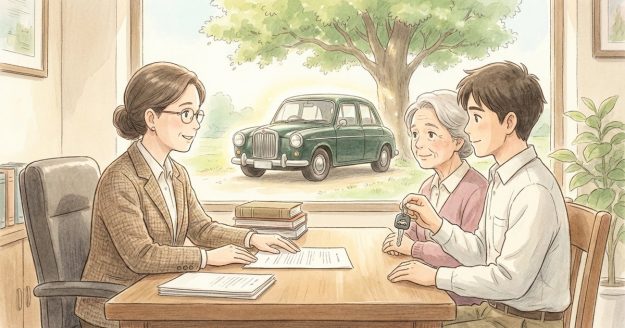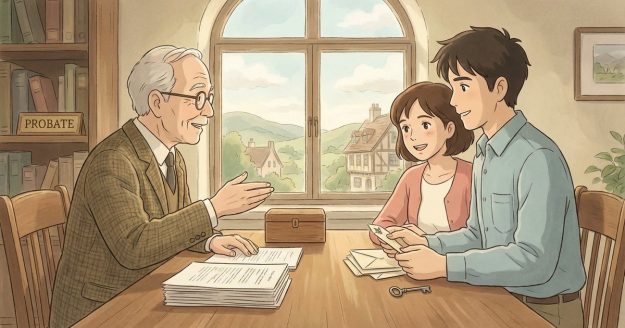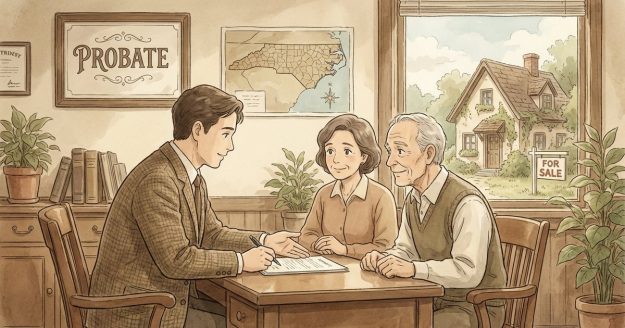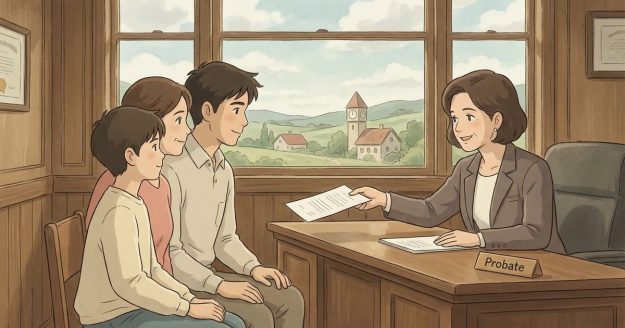How can I obtain the deceased person’s tax forms related to investment or bank accounts for the estate administration? NC
How can I obtain the deceased person’s tax forms related to investment or bank accounts for the estate administration? – North Carolina Short Answer In North Carolina, the personal representative (executor or administrator) typically obtains a deceased person’s bank and investment tax forms (such as Forms 1099) by making a written request directly to each…


